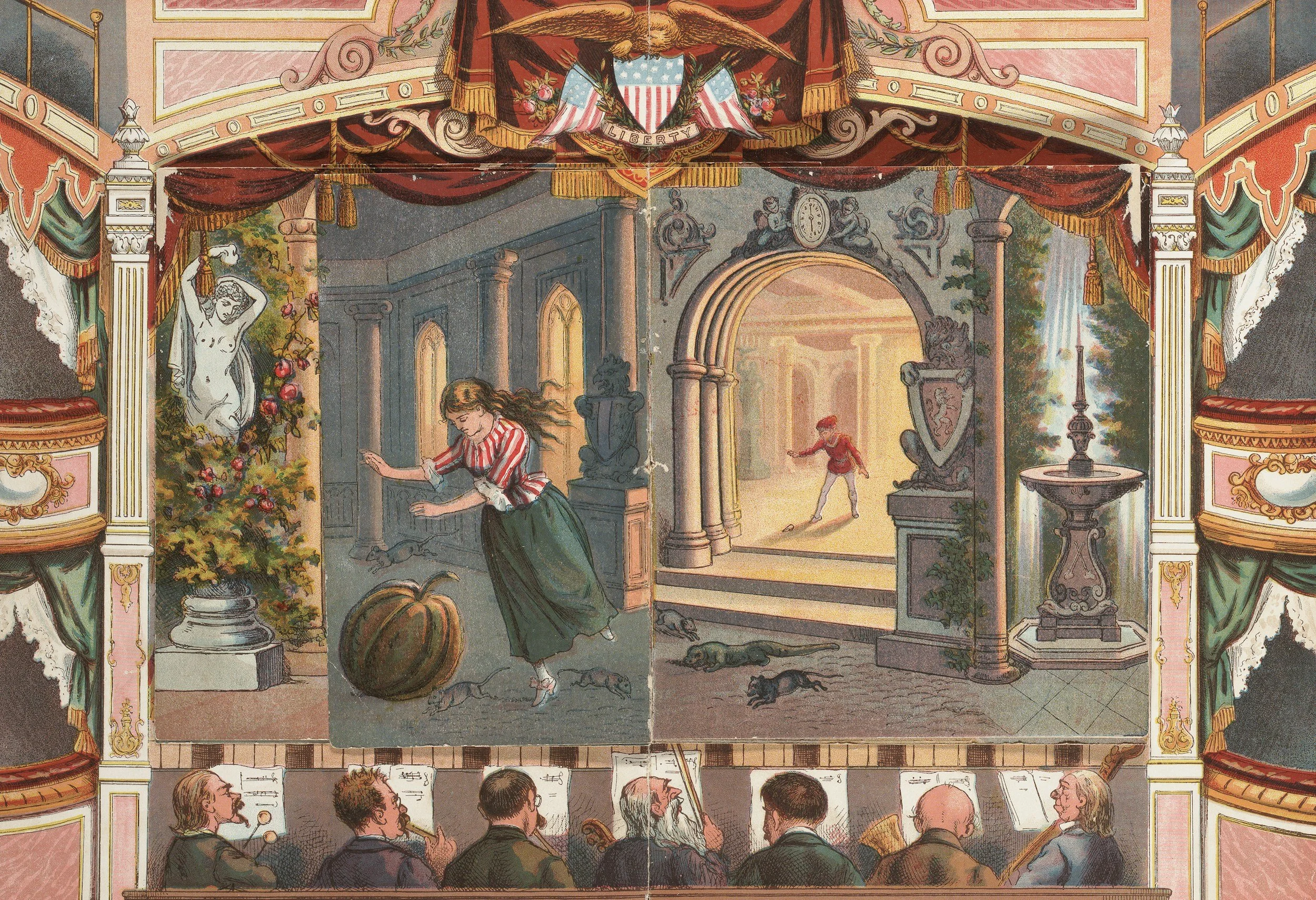X = No Man’s Land
At the end of the summer of 1986, I stepped into the elevator and traveled alone from the forty-sixth floor of Chicago’s Mid-Continental Plaza to the ground for the last time. For four years, I had worked in that gray rectangular office building that spans a full city block. Its exterior resembles graph paper—gray metal and concrete run up the building vertically and around it horizontally, forming squares. In between that metal and concrete, set back ever so slightly, are windows. My desk butted up against floor-to-ceiling glass that faced north toward the river and the bridges that rose when tall-sailed boats passed under them. To the east, I could see Lake Michigan. It seemed to go on forever without boundaries like the sky, but everyone knew Michigan was on the other side even if we couldn’t see it.
Each workday, I walked from my one-room apartment six blocks south and half a block east to that building. Chicago is laid out in a grid. Outside the Loop, there is a “busy” street every eight blocks, providing neighborhood boundaries. Growing up, I lived on the southwest side within one of those square miles. Inside it stood one movie theater, two bakeries, three grocery stores, five taverns, and two churches—one Lutheran, the other Catholic. The Catholics thought it was a sin to go to our church. Little Lutheran girls, like me, didn’t understand why we couldn’t wear miniature white wedding dresses as preadolescent Catholic girls donned for their first Communion. We had to wait until we reached eighth grade when we were confirmed. By then we, or at least I, no longer wanted to be confined to a white dress.
The Mid-Continental Plaza Building housed six elevator banks. I had taken the one that served passengers traveling to and from the forty-second to the forty-eighth floor. When the gray walled, gray-ceilinged, and gray-floored car wasn’t on the ground or between those stories, an X popped up on the screen that marked its location. I called that X no man’s land. I have no idea what Michael, a senior vice president, named it. More than likely, he didn’t. He didn’t name things. He never defined our three-year affair. He showed up at my apartment every other Saturday at 9:00 a.m. and left by noon. I wonder if he marked off that time in his daily planner with an X.
When I was leaving work one day, I turned the corner toward the elevators where Michael, my lover (I euphemistically named him that), stood waiting. He had already pressed the elevator call button. When he saw me, he smiled. His cheeks gained a bit of pink. It had been ten days since our last twice-monthly Saturday morning romp at my apartment. When the elevator arrived, he held the door and I walked in first. I moved to the middle of the rear wall. He sidled up next to me. We passed forty-two. The elevator was ours. He stepped in front of me, placed his hands on my cheeks, and leaned in to kiss me. Above us, our thirty colleagues knew nothing of what we were doing floors below them. So close, yet hidden, in our own little compartment.
When we landed on the ground floor, the door opened. We walked together, talking about the weather, the economy, and how I was doing in my accounting night school course. After six blocks, we reached my apartment. I rushed inside alone to wolf down a sandwich and pick up my books for class. He kept going another eight blocks to his apartment, where his wife may or may not have had dinner waiting. I didn’t ask. That was not my territory. She existed in a category I had no yearning to explore at twenty years old. She played her role. I played mine. I compartmentalized, something I didn’t realize I was doing. But how could I not? So much of my life fit into boxes.
Michael and I started walking together once a week—Wednesday. He would call me at my desk and give me a five-minute warning. I locked my file cabinets, changed into gym shoes, wiped off my lipstick, and said my good-byes. I waited in the mailroom for him, counting envelopes or making sure the safe was secured. When he rounded the corner, I addressed him: “Good evening, Mr. Murphy.” He held the door for me. I let him press the elevator call button. We said little in the hallway (someone might overhear). But if the elevator was empty, we placed bets on whether we could make it to X without stopping. And when we hit X, and it was just us in that elevator, we went at it as if we were teenagers in heat. He dropped his briefcase, clutched me around the waist, and we kissed—feverish, messy, wet, racing-the-clock—seizing anything, everything, nothing in the seconds it took to travel from the forty-sixth floor to the ground. Luckily, around the third floor the elevator brakes engaged ever so slightly, providing a soft landing. Most people wouldn’t notice the incremental change. But we did. We had to. He couldn’t be found out. He was forty and married when he instigated our relationship at a company Christmas party after he trailed unnoticed behind me into an office and fondled me. I was a junior in college and knew nothing of men and power.
On those elevator rides, once the elevator brake engaged, he disengaged his lips. He smoothed my hair. I straightened his collar. The door opened. We walked out as if nothing had happened. But in that elevator for a few seconds in no man’s land, we had kissed and touched and bit the tips of each other’s ears (he liked that).
Forty years later, if I bumped into him again, I’d tell him how much I enjoyed those seconds in that elevator. I wouldn’t say more than that. We haven’t stayed in touch. Now he is seventy-nine. I’m fifty-nine. The twenty-year difference seems wider now than when I was twenty. He’s old. I’m still young.
Five years ago, I found a photo of him on the Internet. His hair white, no longer brown. But it hadn’t thinned much. His body hadn’t changed either. He still appeared to be about five foot ten, always standing so straight. His thighs, those thighs, still rugby-player-like: thick, sturdy, tree trunks. Oh, those thighs. Yes, they were the first things my eyes went to. One of those thighs rammed itself between my thighs in that dark office during that Christmas party. Standing before me on my computer screen, my menopausal body surged heat. I grabbed an annual report off my desk and fanned my scarlet face.
I’m going off course, losing my thoughts, myself, as I did when I was twenty. Now, I’m trying to classify our relationship as uncomplicated as an X. Two separate lines, heading different ways, intersecting for mere moments, the course of the two lines unaltered.
But I still can’t.
-Sheila Grace Stuewe
After three decades of manipulating numbers, Sheila Grace Stuewe came to her senses and turned to words. She earned an MFA in Creative Nonfiction at Vermont College of Fine Art and won an Association of Writers and Writing Programs Intro Journals Prize for Nonfiction. Her essay “Star Struck (1982)” received a notable acknowledgment in The Best American Essays 2017. Her essays have been published in Hunger Mountain, Artful Dodge, and The Manifest-Station.





















